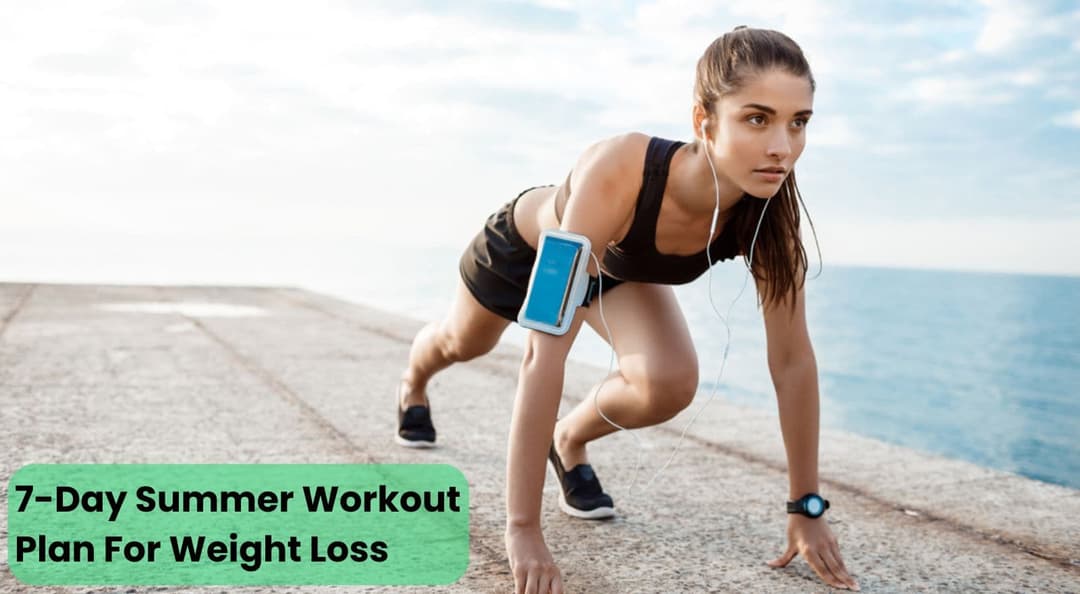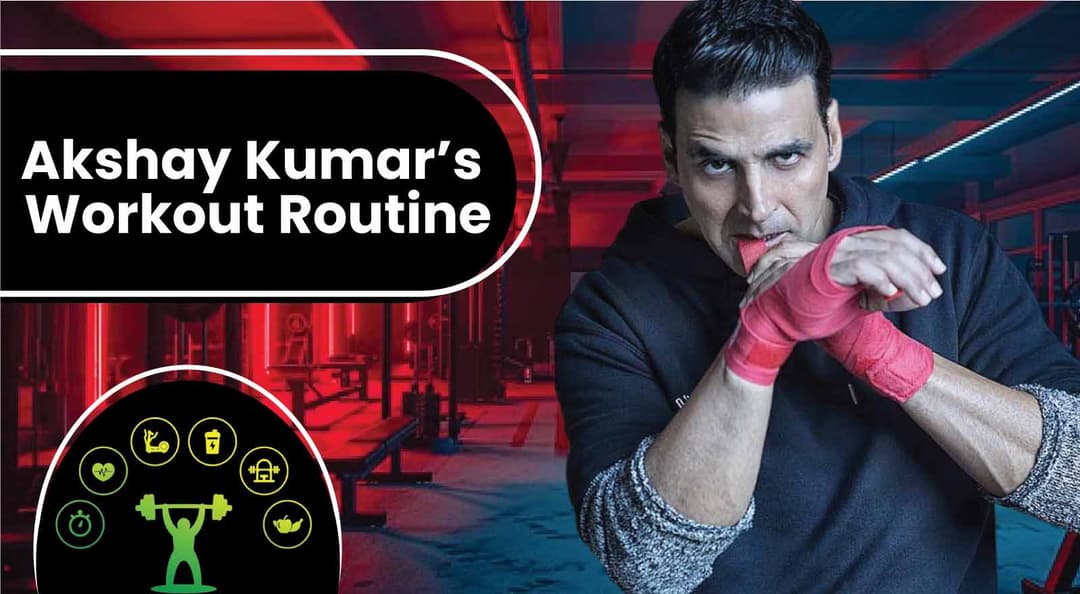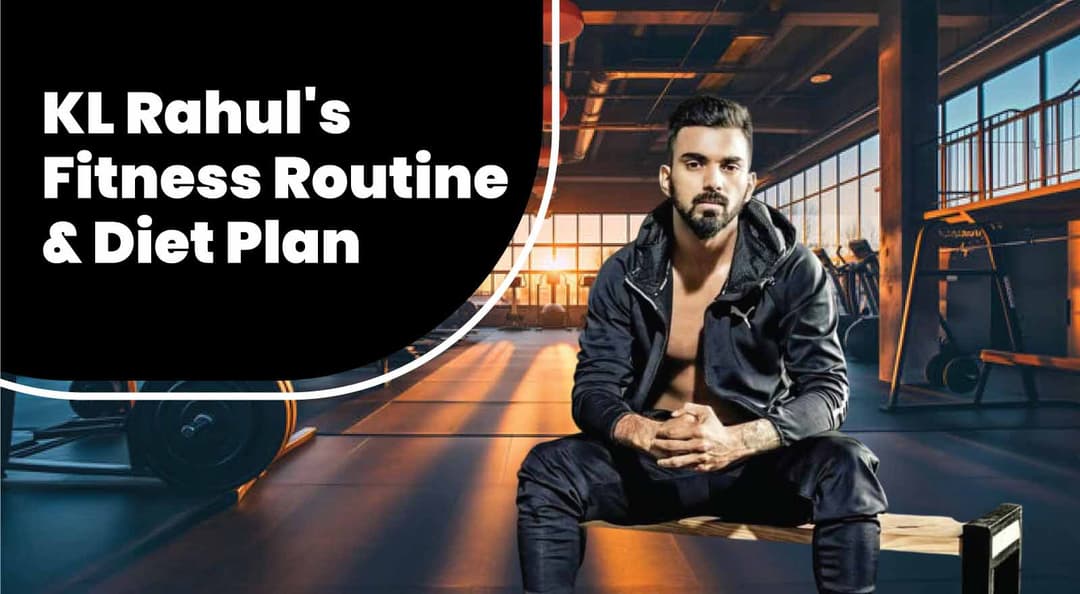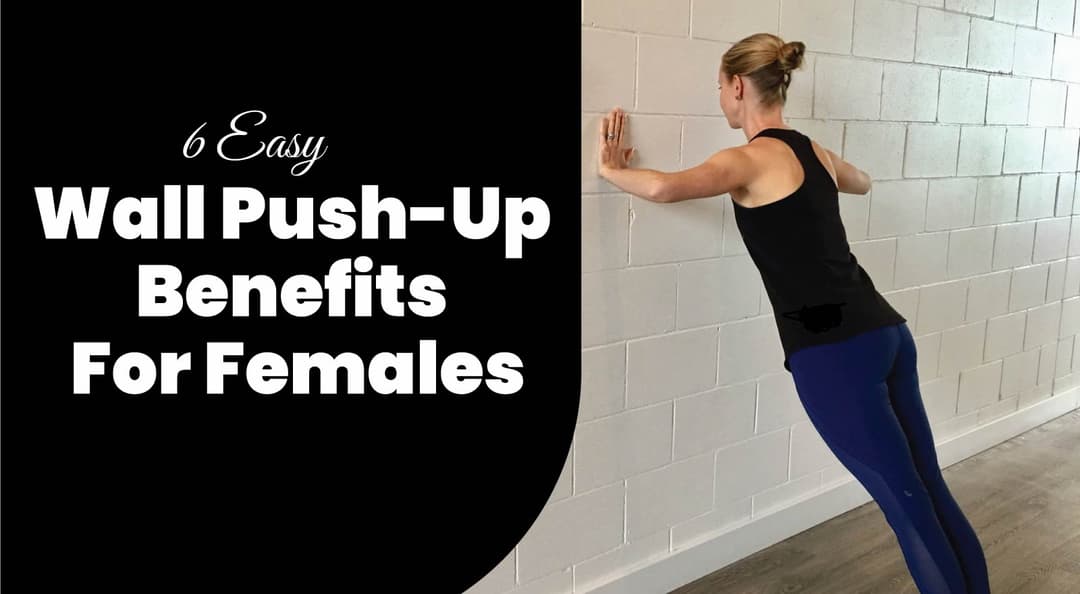Are you curious about intermittent fasting? It’s a popular way to eat that many people are trying, and it can offer some great health benefits! If you’ve never done this before, you might be wondering how to start intermittent fasting for beginners. It can feel a bit confusing at first, but don’t worry—we’re here to help you every step of the way!
Intermittent fasting means you eat during specific hours and fast during others. For example, some people fast for 12 hours a day, while others prefer 16 hours. You might be asking yourself, is it better to fast for 12 or 16 hours? The answer depends on what feels right for you.
In this blog, we’ll share 10 dietitian-recommended tips for beginners intermittent fasting. These tips will help you understand how to make fasting work for your lifestyle. So, grab a snack (for later!) and let’s dive into the world of intermittent fasting together!
Table Of Contents
- What Is Intermittent Fasting?
- How To Start Intermittent Fasting For Beginners?
- Is It Better To Fast For 12 Or 16 Hours?
- Dietitian’s Recommendation
- The Final Say
- FAQs
- References
What Is Intermittent Fasting?
Intermittent fasting is a way of eating where you alternate between periods of eating and fasting. This means you only eat during certain hours of the day and fast during the rest. Fasting helps limit the number of calories you eat and uses up the stored fat in your body for energy. Research data shows that intermittent fasting can help you lose weight and even prevent or reverse some health problems.
Intermittent fasting is generally safe and effective. It can help you lose weight, improve your metabolism, prevent diabetes, and even help you live longer! However, it can be tough to stick to, and it's not recommended for everyone. People with advanced diabetes, pregnant women, and those who have had eating disorders should check with their doctor or dietitian before trying intermittent fasting.
A recent review looked at 25 studies on intermittent fasting. It found that people lost anywhere from 1% to 8% of their starting weight while doing this type of eating plan. Intermittent fasting can also improve things like blood pressure and cholesterol levels. And when you combine it with exercise, it can really help reduce your risk of weight-related diseases. So, in a nutshell, intermittent fasting can do a lot of good for your health!
Also Read: 10 Transformative Benefits Of Intermittent Fasting For Women's Health And Hormones
How To Start Intermittent Fasting For Beginners?

Follow these steps to start intermittent fasting for beginners:
1. Start Slow
Starting slowly with intermittent fasting is important for beginners because it allows your body to adjust gradually to new eating patterns. This helps prevent feelings of hunger, fatigue, or discomfort as you adapt. After beginning with a 12-hour fast and up to a 12-hour eating window, a 16:8 plan (where you fast for 16 hours and have an eight-hour eating window) can be created. You can then choose to use a smaller window if you'd like.
2. Choose A Method
People can try multiple methods when fasting for health reasons. They should choose a plan that suits their preferences and that they think they can stick with it. When deciding on a method, remember that a person does not have to eat a certain amount or type of food or avoid certain foods, like gluten-free foods. One can eat whatever they want when following an intermittent fasting plan. However, following a balanced diet during meals can help people achieve their fitness goals.
3. Clearly Define Goals
If you're not trying to lose weight, it may be difficult to maintain an intermittent fast. Clearly define why you're doing it. When someone begins intermittent fasting, they often have a specific objective in mind, like:
- Weight loss
- Improving overall health
- Improving metabolic health
A person's ultimate objective might assist them in deciding which fasting technique to use and how many calories and nutrients they require.
4. No Calorie Restriction
One great thing about intermittent fasting for beginners is that you don't have to restrict your calories. You can still eat the foods you enjoy, just during a specific time window. However, it's always a good idea to focus on eating healthy foods for weight loss.
If you want to cut back on calories even more, try eating smaller meals more often. Aim for 5-6 mini meals throughout the day instead of 3 big ones. This keeps your metabolism revved up and prevents you from getting too hungry. Just be sure to skip one of those mini-meals during your fasting period to reduce your overall calorie intake. With a little planning, you can make intermittent fasting work for your lifestyle and health needs.
5. Test First
When you're just starting out with intermittent fasting, start slow. Try fasting for 6 hours first, then gradually increase the time as you get used to it. Stick to fasting once or twice a week before trying it every other day or every day. This gives your body time to adjust.
6. Prioritise Sleep
Plan your fasting phase so you can get at least 7 hours of sleep. Go to bed 3-4 hours after eating a big meal. While you're sleeping, you'll already be fasting for 11 hours! Then, depending on your fasting plan, wait 1-4 more hours, and you've completed your fast for the day. Try yoga poses for mental relaxation to help you get quality sleep.
7. Stay Hydrated
Drinking lots of water is super important when you're fasting. Sometimes, your body can mistake thirst for hunger. Staying hydrated helps control your appetite and makes fasting easier. Aim for a gallon of water per day if you can!
8. Eat Breakfast As Late As Possible
It's easier to fast overnight and skip breakfast in the morning. If you usually eat at 8 am, try pushing it to 9 or 10 instead. You can keep moving your breakfast to later, like 12 or 1 pm. Staying busy in the morning also helps you not think about food as much.
9. Stick to Your Schedule
Trying to fast during your busiest work hours when eating is already tough is not ideal. Choose a fasting window that works with your daily routine. This will make it easier to stick to your plan and reach your goals.
10. Consult With A Dietitian
The last and most important point for intermittent fasting for beginners is that you must consult with a dietitian before trying it out. They can guide you through the process and prevent any nutrient deficiencies while allowing sustainable progress.
ToneOp Fit's Intermittent Fasting Weight Loss Plan is a beginner-friendly program that is easy to adapt and follow. You can do it at your own convenience, fitting it into your daily life as you feel comfortable. This plan offers 4 convenient eating and fasting windows so you can choose a schedule that works best for you. Whether you prefer fasting for 8 hours or 20 hours, there are options to suit your lifestyle.
Our plan also includes strategies to prevent fatigue or discomfort during your fasting periods. We provide practical tips to help you maintain your energy levels and minimise any discomfort. Plus, you’ll have 24/7 dietitian support available to answer your questions and guide you through your fasting journey. We even offer craving-controlling strategies to help you stay committed to your goals. With ToneOp Fit, you can enjoy smart eating for lasting results without sacrificing flavour.
Also Read: Top 10 Energy Boosting Foods And 5 Best Health Drinks To Fuel Up Your Workouts!
Is It Better To Fast For 12 Or 16 Hours?
There are different types of intermittent fasting, but the most common ones are 12/12 and 16/8. The first number tells you how many hours you'll be fasting, while the second number is the number of hours you can eat. Let’s have a look at some insights:
16 Hours Fast |
16/8 fasting is a 16-hour fast followed by an 8-hour opportunity for eating. You could, for instance, cut off your food at 8 p.m. and wait to eat again until 12 p.m. the following day. During your eating hours, make sure to choose healthy, low-calorie foods. This type of fasting can help your body enter a state called autophagy, where your cells start digesting old parts and recycling new ones. |
12 Hours Fast |
12/12 fasting is a simpler version where you fast for 12 hours and eat for 12 hours. It's a good option if you're just starting out with fasting. For example, you could stop eating at 8 pm and start again at 8 am the next morning. This cycle repeats every day. |
16-Hour Fast vs. 12-Hour Fast
A 16-hour fast and a 12-hour fast differ in the amount of time you spend doing each of the fasts. You have an 8-hour eating window in addition to a 16-hour fasting window. In contrast, a 12-hour fast consists of two 12-hour windows: one for eating and one for fasting.
Apart from the fasting phase, the main distinction is that the body starts autophagy, or the ketosis process, during 16:8. The process of cell digesting, known as autophagy, may only be attained by fasting for a minimum of sixteen hours. Both 12-hour and 16-hour fasts are important. It is up to you which one is more effective for you.
Also Read: 7 Benefits Of Intermittent Fasting For PCOS With Challenges To Overcome!
Dietitian’s Recommendation
For certain people, intermittent fasting might not be the best choice. If it's in your best interest, go for the most practical and reasonably priced look. And never forget that food quality is still the most important factor in your diet.
Eating a healthy diet is generally equally as important as adhering to an intermittent fasting schedule. Increase your fasting time gradually until you reach your target of 16 hours. Your body will start to adjust to the new dietary patterns over time.
Dt. Lavina Chauhan
The Final Say
So, this was all about intermittent fasting for beginners. These steps are easy to follow and can help you get started on the journey to reach your health and fitness goals. However, it's important that you take advice from dietitians so that you will avoid nutritional deficiencies and ensure you're following a plan that's tailored to your individual needs.
FAQs
1. What is the best first meal for intermittent fasting?
The best way is to eat food that is low in carbohydrates, healthy fats and high-quality protein. This allows your body to activate satiety hormones, which have long-lasting effects and mean you won't be hungry for long.
2. What is the best time for intermittent fasting for beginners?
A good choice for beginners is fasting for 12 hours every day. This option allows you to start fasting for approximately 12 hours a day, most of which you will sleep. After you become more familiar with the 12-hour fast, you can slowly increase the duration of the fast.
References
- Intermittent Fasting: What Is It And How Does It Work?
- A Beginner's Guide to Intermittent Fasting | The Pursuit
- Intermittent fasting: What are the benefits? - Mayo Clinic
- How Do I Start Fasting? Intermittent Fasting
- Intermittent fasting 101: Where to start?
- 8 Tips to Start Intermittent Fasting and Stick With It
- What Happens to Your Body When You Fast for 16 Hours? 16:8 Diet
- 12/12 vs. 16/8 Intermittent Fasting: Which is Better? | Lasta
About ToneOp Fit
ToneOp Fit is a platform dedicated to improving and maintaining good health through a comprehensive range of goal-oriented health plans with up to 3 Coach support. With a range of Weight Management, Medical Condition, Detox Plans, and Face Yoga Plans, the app also provides premium health trackers, recipes and health content. Get customised diet, fitness, naturopathy & yoga plans and transform yourself with ToneOp.










































